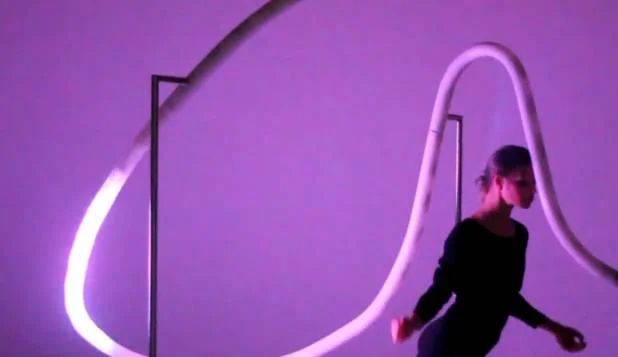Digital transformation is happening fast, and business can fall for a short-term, technology-driven only implementation. While acknowledging that a strategy is the key element in your digital transformation, here you have some data and examples of 5 technologies to watch.
Viewing entries in
Innovation
A vast majority of organisations declared they have had significant or even revolutionary transformations to their end-user experience. However, despite this increasing positive outlook, yet 86% of companies are deterred from pursuing digital transformation projects as several challenges get in the way.
In the current state of uncertainty, when traditional strategic methodologies fall short to help us tackle disruption, what are the creative disciplines that can contribute to the business toolkit?
Quantitative strategic methodologies are inadequate alone when it comes to tackling the uncertainty of disruption, because, by nature, uncertainty does not allow for measurement. On the contrary, trend analysis has been increasingly winning a space in current business strategy as a methodology to provide qualitative insights that help identify new horizons and changing values.
As a part of Claro Partners' Always in Beta project, I went out to Mexico City to understand how Mexican Digital Natives think about their finances. Here’s a bit of a flavour of the Digital Natives I interviewed, some of the most interesting insights I captured, and a final reflection.
In a world in which everything is subject to sudden change, it is difficult for companies to stay relevant, and the quest to find and exploit value has become more challenging than ever.
Today’s rapidly changing world means the traditional strategic plan is no longer viable. But several years into the cult of lean, it is becoming clear that it is not the panacea that corporates had hoped for.
How can we bridge the strategic capabilities of traditional visions and lean models to get the best of both worlds?
Para la última edición del podcast de diseño Fuera De Contexto, tuve el honor de ser invitada a participar en uno de los episodios, en la que charlamos acerca de cómo los diseñadores de estrategia e innovación podemos ayudar a las empresas a preparase y enfrentar los próximos desafíos que nos presenta este mundo tan complejo y cambiante donde vivimos.
If you are a tech-geek as I am, you might have heard about the hype that went on last week around a tiny helicopter, one of these toy-like machines almost all of us had the chance to remote control when we were children. But it was something special about this particular one. You wouldn't have to push any buttons to make it go up, or crazily manipulate a joystick to make it turn. With this helicopter, you just had to think about it going up for the thing to actually start flying, and to think about it going right to make it turn. It was mind-controlled by a student of the University of Minnesota, who only had to sat on a chair wearing a funny looking hat to make it go high (and go viral).
It has been already two weeks since the Design Management Institute´s conference wrapped up in Madrid, and some of you were able to follow the key thoughts discussed there through the twitter hashtag #dmimadrid. Nevertheless, I always find useful to structure my thoughts on a piece of paper (or pixels, in this case) and share them for further discussion with the 93% of the world not using Twitter.
Design innovation is a creative discipline and as such, it means many things. It means thought leadership. It means knowledge, and pattern spotting. It means cross-disciplinary work. It means lateral thinking (as Edward de Bono insightfully described in his work). It means a certain mindset, the one that demands challenges and keeps asking “why not?’’ instead of just “why?’’.
Innovation is one of those buzzwords that we keep hearing constantly nowadays, and its use and (much more often) abuse can lead to misunderstandings, blurry meanings and non-effective use of its true value. In the spirit of contributing to the development and establishment of design innovation, within Philips and to the outside world, I’ve looked to the academic world to find insights on how we can understand and apply the full potential of this discipline. And what better place that one of the world’s leading universities in design, the RCA?
After three posts on the Milan Salone and Euroluce, I thought I could write a bit about the not-so-known, but yet the most exciting, part of the Milan Design Week: the Fuorisalone exhibits. Fuorisalone (meaning in Italian, “outside the Salone”) are a conglomerate of exhibitions, showrooms and installations that happen across all the city of Milan. Those exhibits are mainly organized about four main design “districts”: Zona Tortona – the most renowned and used-to-be hip place, Brera – where big brands and luxury design takes place, Porta Romana and the newest, coolest,Ventura Lambrate – with only two years in the Milan design scene it has established itself already as the must go place if you really want to know what is the newest, trendiest in design.











